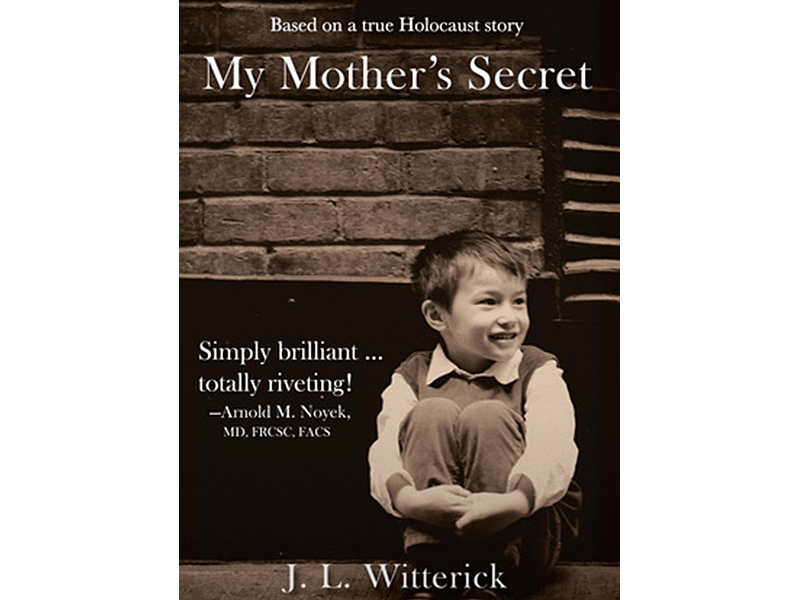The Federal Court of Canada has ruled that a Holocaust book inspired by a documentary film and relied heavily on facts revealed in the film did not infringe the filmmakers’ copyright.
In a decision released May 10, Justice Keith Boswell ruled there is no copyright in the facts concerning the efforts by Polish-Catholic Francizska Halamajowa to save three families of Jews from the Nazis. He rejected the filmmakers’ assertion that the “small facts” contained in the documentary, which would not otherwise have been known, were plagiarized.
“Mrs. Halamajowa’s story is not in and of itself covered by the applicants’ [filmmakers’] copyright in the documentary,” Boswell stated. “The factual details of her story are also not covered by the applicant’s copyright. It is not the story that the applicants’ copyright protects but, rather, the applicants’ specific expression of it through the exercise of their skill and judgment.”
READ: COURT HEARS HOLOCAUST COPYRIGHT CAUSE
“On a qualitative and holistic view, the book is not a mere imitation of or substantial taking from the documentary,” Boswell
ruled.
Boswell’s decision dismissed a claim by filmmakers Judy Maltz, Barbara Bird and Richie Sherman, who produced and directed the 2009 film No. 4 Street of Our Lady. They had alleged that author Jennifer Witterick and her publisher, Penguin Books Canada, had infringed their copyright when they published the book My Mother’s Secret in 2013.
The filmmakers alleged that the book copied the story they had told, which was based in large part on the diary of Moshe Maltz, Judy Maltz’s grandfather. Moshe Maltz, along with other family members and a German deserter, had been hidden from the Nazis by Francizska Halamajowa and her daughter, Helena in the town of Sokal, Poland.
“Ms. Maltz alleges that the book copies personal family stories as well as the structure and narrative devices of the documentary,” Judge Boswell noted.

But Boswell stated that it is the expression of the story that can be subject to copyright, not the facts that underline the story.
“The material that is properly the subject of the applicants’ copyright is their expression of Mrs, Halamajowa’s story, not the story itself. It is difficult to see how [Maltz’s] copyright has in fact been infringed at all by the book.”
Witterick, a financial consultant, told The CJN her intentions in telling Halamjowa’s story were always honourable.
“I believed right from the beginning that I’d done nothing wrong. I love underdog stories” – how people of various backgrounds can “perform feats of courage,” she said.
“This story touched me in such a strong way, I felt compelled to share it,” she added.
READ: A HOLOCAUST STORY WITH A HAPPY ENDING
Only days after the judgment was released, Witterick presented her interpretation of the story to a “mixed community” of teenagers at a school in Scarborough.
“I was amazed at how enthusiastic and how warm the welcome was that I received from the kids,” she said. “I think the message of courage and kindness is universal. No matter what is your background, you can identify with this [story].”
Witterick said the book has proven a resounding success. It has been printed in nine languages and has been distributed in Germany, Israel, Poland, Japan, Thailand and her native Taiwan.
She believes she has succeeded in telling a Holocaust story in an inspirational way and made it accessible to young readers.
“My intention in writing the book was always to spread goodwill… to share a story of courage, kindness and love, and encourage young people to see that’s something to aspire to and share the story of what happened in the Holocaust,” Witterick said.
Asked to comment on the case, Maltz replied, “We are studying the ruling.”
